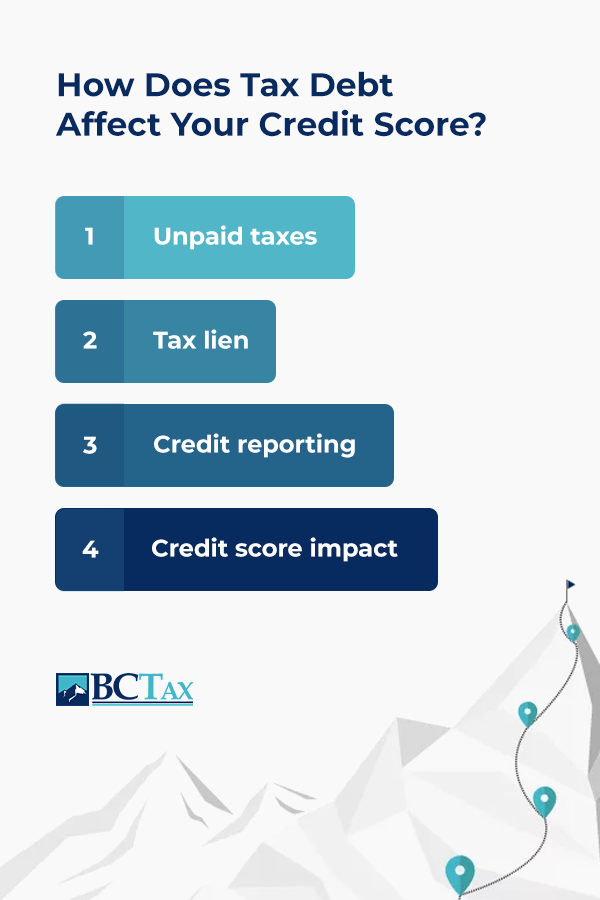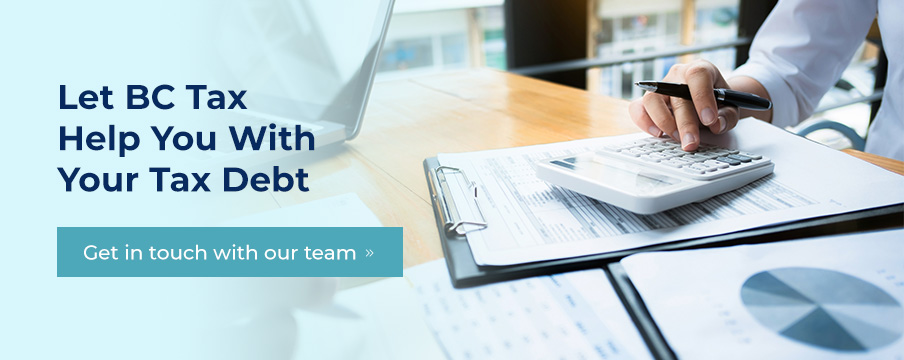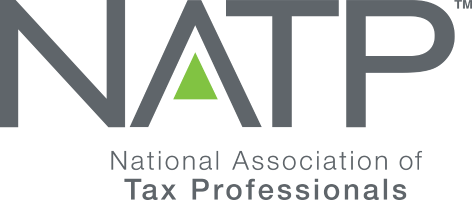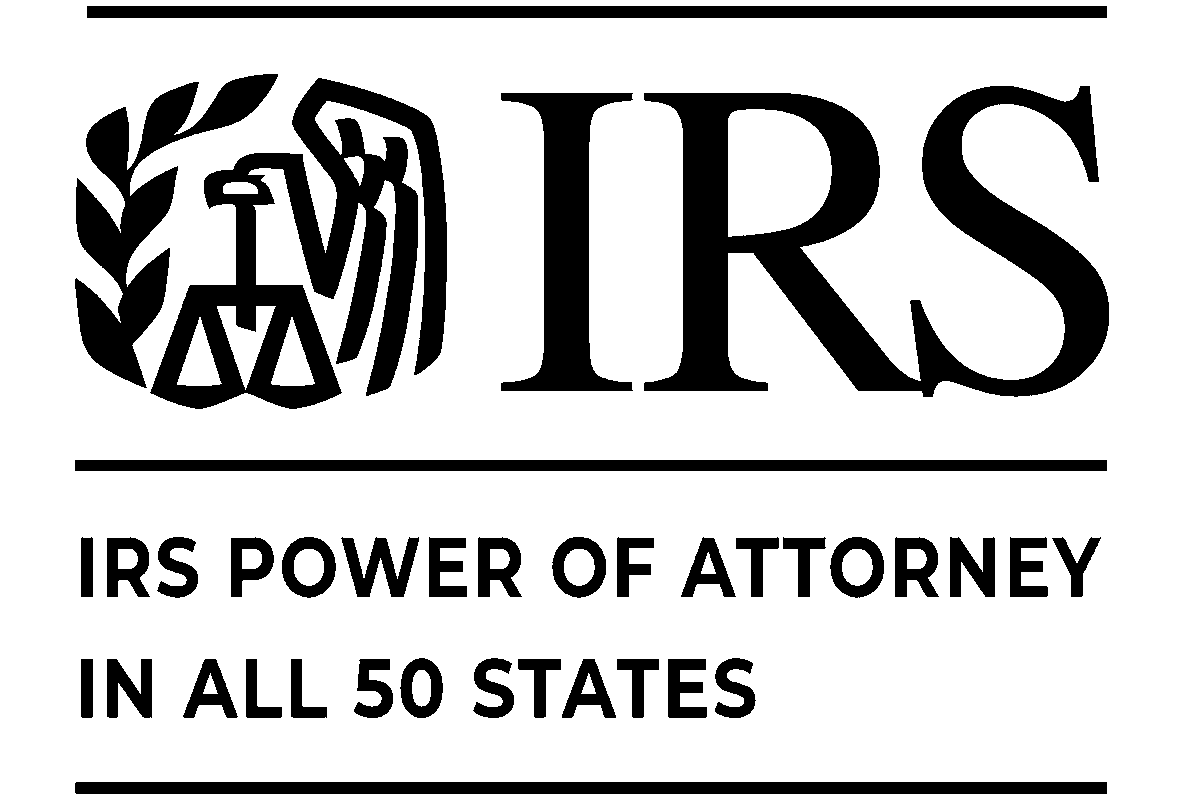
When grappling with tax debt, you may be considering multiple scenarios, including the impact of tax on credit scores. Your credit score represents your creditworthiness. In other words, it suggests how likely you are to repay any borrowed money. But how does tax debt affect your credit score? Should you be worried about potential tax liens or levies being placed on your property?
Low credit scores could result in challenges in obtaining credit cards, loans and even landing job opportunities. While your credit score and tax debt are indirectly linked, tax debt alone leaves no negative marks on your credit report. Your credit score and taxes remain separate as long as you work to repay your debt and communicate with the IRS. This guide aims to help you understand how tax debt can affect your credit score and how to prevent it.
Does the IRS Report to Credit Bureaus?
No direct link exists between the IRS and credit bureaus. The IRS may only contact third parties, such as the credit bureau, to adjust or collect the tax you owe if you receive reasonable notice in advance or give permission. As a taxpayer, you have a set of fundamental rights when dealing with the IRS, including the right to:
- Finality
- Privacy
- Stay informed
- Confidentiality
- Quality services
- A fair tax system
- Have representation
- Challenge the IRS’s decisions
- Pay the correct amount of tax
When you file your taxes or receive an IRS tax audit, your information remains undisclosed. If you owe more than anticipated, it won’t affect your credit score negatively. Likewise, paying all your taxes on time doesn’t positively impact your score like paying other bills can.
If you continue to disregard your back taxes, and the total passes a certain threshold, the IRS reports to the three major credit bureaus — TransUnion, Equifax and Experian. Sometimes, the IRS will request help from one of these credit bureaus to verify your identity. That’s why you may see a soft inquiry on your credit report. However, the credit bureau receives no tax information, and the IRS doesn’t see your credit report.
Does Tax Debt Affect Your Credit Score?
Owing the IRS can affect your credit score eventually. Though having tax debt doesn’t impact your credit score directly, unpaid taxes can have consequences that affect your credit score if you leave it for too long.
If you owe money to the IRS, your tax debt could eventually affect your credit score. Here’s how:
- Unpaid taxes: If you owe taxes but fail to pay on time, the IRS sends a letter indicating how much you owe. Collection notices and phone calls may follow.
- Tax lien: If tax debt remains unpaid, the IRS files a Notice of Federal Tax Lien against your property, which becomes public record.
- Credit reporting: Since a tax lien is publicly available, banks, organizations and credit bureaus can access this information.
- Credit score impact: A tax lien tells creditors that the government has a legal right to your property before anyone else. This information is reported to credit bureaus and added to your credit report, leading to a drop in your credit score.
If the IRS places a tax lien on your property due to back taxes, it becomes public record and can lower your credit score if credit bureaus, banks, lenders and credit card companies find this information.
Additionally, if you experience a challenge paying tax debt, it can lead to missed payments in other areas, such as credit accounts or loans. These missed payments can negatively impact your creditworthiness.
What Is the Federal Tax Lien on Your Credit Report?
If you don’t pay the amount due on your notice for payment, the IRS files a tax lien. A federal tax lien on your credit report is a claim by the government against your property if you owe unpaid federal taxes. It is a legal right to your assets as security for your tax debt. This lien attaches to all assets, including:
- Vehicles
- Real estate
- Business assets
- Accounts receivable
The IRS provides many opportunities to pay taxes that are due or develop a repayment plan. Tax liens are typically reserved for taxpayers who owe above a certain threshold and are a last resort in the collections process. Even if a taxpayer files for bankruptcy, the federal tax lien and tax debt remain.
The federal tax lien on your credit report has several consequences:
- Lower credit score
- Home buying challenges
- Higher insurance premiums
- Property sale complications
- Difficulty qualifying for loans
- Difficulty obtaining new credit
- Increased credit card interest rates
A tax lien is different from a tax levy, which is the step that follows a tax lien in the collection process. It allows the IRS to seize your property or assets to satisfy tax debt. This levy may take the form of wage garnishment, freezing bank accounts or using tax refunds to pay off the debt. Unlike a tax lien, a levy from the IRS is not public record, so it shouldn’t affect your credit score.
To prevent a tax lien from appearing on your credit report, you need to pay what you owe to the IRS. Fortunately, if you’re unable to pay the full tax amount due, you have several options available:
- Apply for an offer in compromise: An offer in compromise (OIC) is a request to settle for an amount that is less than your tax bill. The IRS considers several factors, but approvals are rare.
- Pay with a credit card: Using a credit card could help you pay off tax debt but may put you in even deeper debt with interest, depending on the credit card company you use.
- Pay with personal loans: If your credit score is already low, it may be easier to secure a loan. Make sure to compare the rates and fees of different lenders to make the best financial decision.
- Borrow against your home equity: If you own your home and your tax debt is high, you could get a home equity loan, which usually has lower interest rates than credit cards and personal loans.
- Enroll in an IRS payment plan: The best option is to negotiate an installment plan with the IRS. Short-term payment plans give you an extra 180 days to pay your debt in full, while long-term payment plans allow you to make monthly payments for up to 72 months.
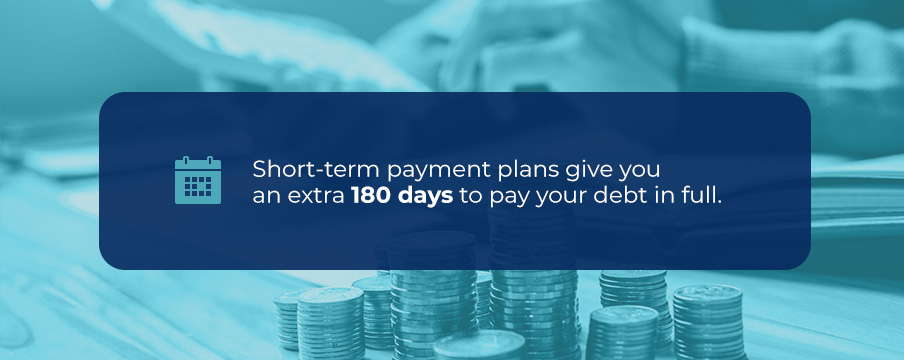
Do IRS Payment Plans Affect Your Credit?
Agreeing to a payment plan with the IRS does not affect your credit. Firstly, the IRS doesn’t report to credit bureaus. Secondly, installment plans are kept from public records and don’t require tax liens to be filed. While IRS payment plans generally accrue interest, this personal information is hidden from banks and other organizations. That’s why it’s better to work with the IRS, either through an installment agreement or OIC.
Payment plans with the IRS have several benefits over other payment options:
- Short- and long-term payment plans: Having up to six years to pay off your tax debt can help you establish a monthly payment plan you can afford. This makes it easier to handle other financial obligations.
- Lower interest and fees: Depending on the installment plan you choose, the interest rate for IRS payment plans may be similar to or lower than what you would receive with a bank loan.
- Less financial stress: When you work with the IRS, you avoid taking out more credit and loans that could affect your credit score. Moreover, there’s no need to jump through hoops to qualify for an IRS payment plan.
- No credit history required: Unlike banks and lenders, an IRS payment plan requires no credit checks or financial history.
- Avoiding severe penalties: Setting up an installment agreement helps prevent additional penalties from accruing on your unpaid tax balance.
- Maintaining compliance: You remain in good standing with the IRS by demonstrating your commitment to resolving your tax debt.
IRS Penalties for Back Taxes
Back taxes refer to overdue taxes from previous financial years and exclude a current year’s tax amount. These taxes went unpaid — either fully or partially — the year they were due. Usually, back taxes pile up when you:
- File incomplete tax returns.
- Forget or choose not to file a tax return.
- Fail to pay taxes due after filing.
When back taxes continue going unpaid, those amounts incur interest and additional failure-to-pay penalties. Since the interest on tax debt grows for every month you’re late on repaying, you may eventually find the amount too overwhelming to pay back. Additionally, the IRS must file a tax lien once the total amount reaches a certain threshold.
Fortunately, the IRS makes many communication attempts and completes several steps in its collection process before reaching this level.
Frequently Asked Questions About Tax Debt and Credit Score
If you have additional questions about tax debt and its impact on credit scores, consider the answers to these frequently asked questions to address any other concerns you may have.
Do Taxes Affect Credit Scores?
Taxes don’t directly affect your credit score. While everyone should strive to file their tax returns and pay any outstanding amounts on time, doing so has no positive impact on your credit score. This is because the IRS does not report to any consumer credit bureaus. Likewise, credit bureaus have no access to your tax information.
Although the IRS does not report your tax debt directly to credit bureaus, leaving it unpaid to accumulate interest and penalties for too long can trigger tax liens. Tax liens become public record, which means credit bureaus will have access to this information, which can affect your credit score.
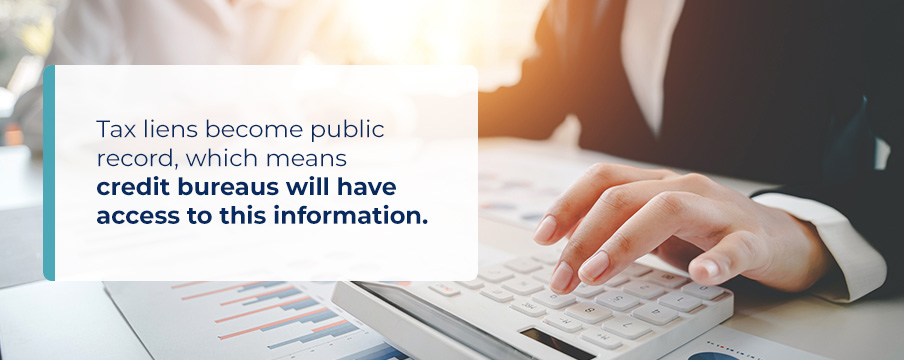
Does Not Paying Taxes Affect Credit?
Credit bureaus don’t track your tax payments. This means there’s no direct link between not paying taxes and your credit score. Back taxes accumulate over time with monthly interests and additional penalties for non-payment. While the act of not paying the IRS doesn’t get reported to credit bureaus, the consequences of leaving tax debt unpaid can result in a lower credit score down the line.
Once the outstanding debt reaches a certain threshold, the IRS must file a Notice of Federal Tax Lien. This information becomes publicly available to anyone who needs your information, including credit bureaus. Furthermore, a lower credit score impacts other areas where good credit is preferred.
Does Not Filing Taxes Affect Credit Score?
Failing or forgetting to file your taxes won’t affect your credit score at first. Filing a tax return may result in payments due to the IRS. However, you might get a refund that you can save, spend or invest in your business. By filing a tax return correctly, you ensure the funds owed to you or the IRS are correct.
Not filing a tax return could lead to back taxes that grow with interest every month you leave them unpaid. Eventually, this tax debt may become too much to pay back without a payment plan. This may result in a tax lien or levy. While levies stay private, tax liens become public record.
Do IRS Collections Go on Your Credit Report?
If the IRS takes action to collect tax debt, it can appear on your credit report. While the IRS cannot disclose your tax debt to credit bureaus and other third parties, filing a tax lien against your assets becomes public record.
Tax liens significantly impact credit scores and make it challenging to obtain favorable terms on loans or access credit. However, if you work with and reach out to the IRS to discuss payment plans, there’s no need to file a tax lien or levy, which means your credit score will remain unaffected.
Does Paying Taxes Late Affect Credit Score?
Unlike late payments on credit accounts and loans, late payments on taxes do not impact your credit score. However, failing to pay your taxes on time can incur penalties or interest from the IRS. Leaving it unpaid can lead to consequences that could indirectly affect your credit score.
Address late tax payments promptly with the IRS or negotiate a payment plan to avoid extra penalties or collection actions that could affect your credit score down the line.
Let BC Tax Help You With Your Tax Debt
Piling tax debt and back taxes can feel unbearable, but you don’t have to face it alone. BC Tax can provide you with the solutions you need to get back on track with your tax debt to keep it from impacting your credit score. We will help you with tax due dates, keep you compliant and communicate with the IRS about the best payment plans for your situation.
Why wait for the next tax season to approach to get a head start? Tax law updates and adjusted tax brackets can be confusing — our tax professionals would love to help you prepare and navigate your tax filing and payment responsibilities. Feel free to get in touch with our team and schedule a consultation.

 1-800-548-4639
1-800-548-4639